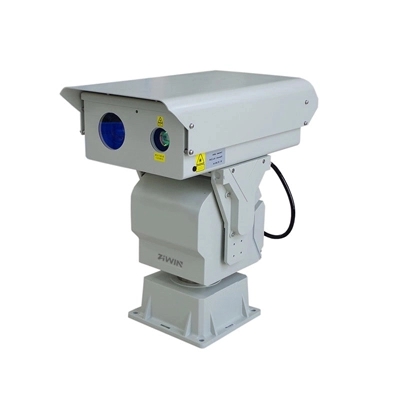The proliferation of CCTV cameras in Europe has sparked a critical debate: how to balance public safety with individual privacy rights. Under strict regulations like the General Data Protection Regulation (GDPR) and national laws, businesses and homeowners must navigate complex compliance requirements when deploying surveillance systems. This article breaks down the legal framework, operational constraints, and best practices for CCTV usage in the EU.

Personal Data Definition: CCTV footage capturing identifiable individuals (e.g., faces, license plates) qualifies as personal data, subject to GDPR protections.
Lawful Basis: Operators must justify surveillance under one of six GDPR conditions, such as legitimate interest (e.g., theft prevention) or consent (rarely applicable for public areas).
Germany’s BDSG: Requires prior approval for workplace surveillance and mandates anonymization where possible.
UK’s Data Protection Act 2018: Prohibits CCTV coverage of public streets without a "compelling reason."
Article 8: Protects the right to private life, limiting indiscriminate surveillance in residential or sensitive areas.
Signage: Clear signage must indicate surveillance zones, the operator’s identity, and purpose (e.g., "24/7 monitoring by [Company Name] for security purposes").
Public Registries: Some countries (e.g., France) require CCTV operators to register systems with data protection authorities.
Scope Limitation: Cameras must avoid monitoring non-essential areas (e.g., neighbors’ properties or public sidewalks).
Retention Periods: Footage typically cannot be stored beyond 30 days, unless required for legal investigations.
Encryption: End-to-end encryption for stored/transmitted footage, as offered by manufacturers like ZIWIN.
Limited Access: Only authorized personnel (e.g., security managers) can view recordings.
Homeowners: May install CCTV but cannot film beyond property boundaries (e.g., public roads or neighbors’ gardens).
Doorbell Cameras: Devices like Ring must include privacy zones to mask adjacent areas.
Workplace Surveillance: Requires employee consultation in most EU states; covert cameras are illegal except for criminal investigations.
Retail Stores: Must conduct a Data Protection Impact Assessment (DPIA) if using facial recognition or AI analytics.
Transport Hubs: Cameras in airports or train stations must align with EN 50155 standards for reliability and data integrity.
Pixelation Algorithms: Automatically blur faces/license plates in non-critical areas.
Zoning Features: Modern cameras (e.g., ZIWIN’s PRO Series) allow defining masked zones to exclude sensitive spaces.
On-Device Encryption: Ensure cameras comply with AES-256 standards.
Local vs. Cloud Storage: Prefer local storage with limited retention to avoid cross-border data transfer risks.
GDPR Fines: Up to €20 million or 4% of global turnover for violations (e.g., a 2023 case where a German retailer faced €10.4M fines for unmarked cameras).
Legal Precedents: A Dutch court ordered a homeowner to reposition cameras filming a public park in 2022.
AI Restrictions: The proposed EU AI Act bans real-time facial recognition in public spaces, impacting "smart" CCTV systems.
Edge Computing: Process footage locally to reduce cloud dependency and breach risks.
Navigating Europe's privacy laws requires CCTV operators to prioritize proportionality, transparency, and security. By selecting GDPR-compliant devices (such as ZIWIN's encrypted cameras) and adopting strict data governance, users can mitigate legal risks while maintaining robust security. Regular audits and staff training remain essential to uphold compliance in this evolving landscape.